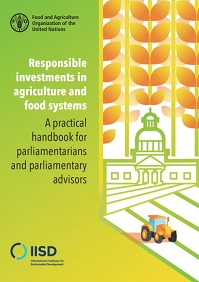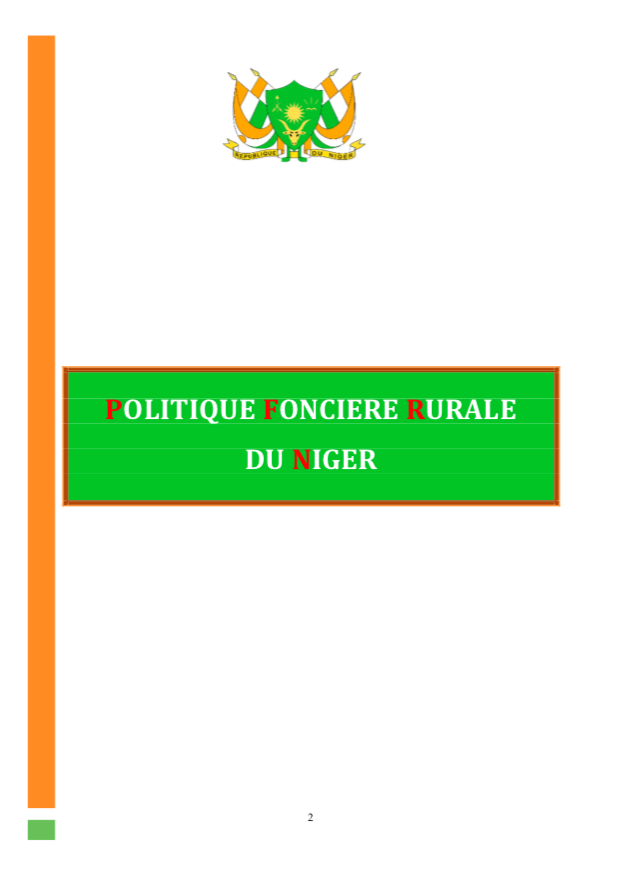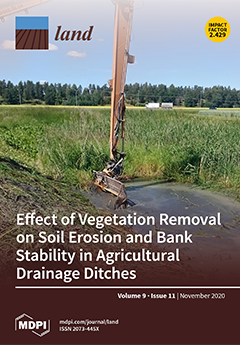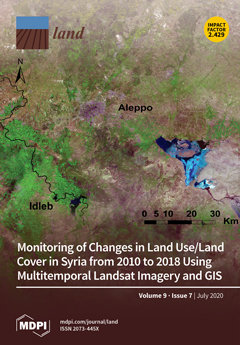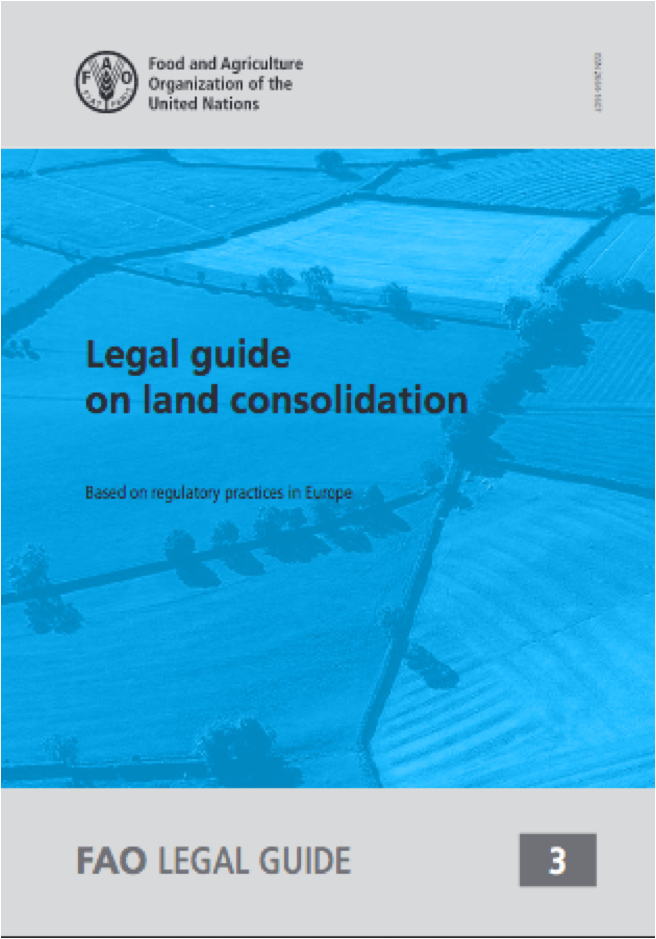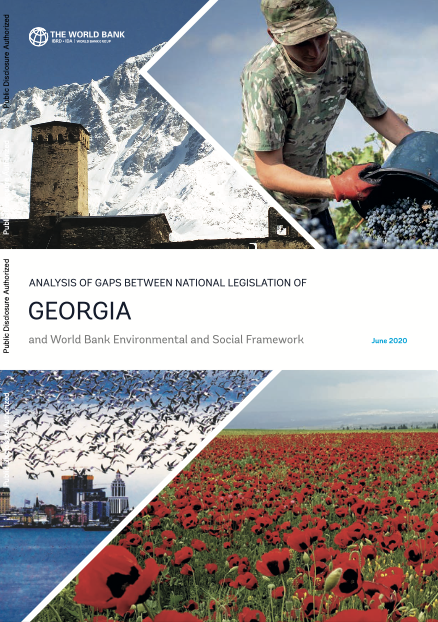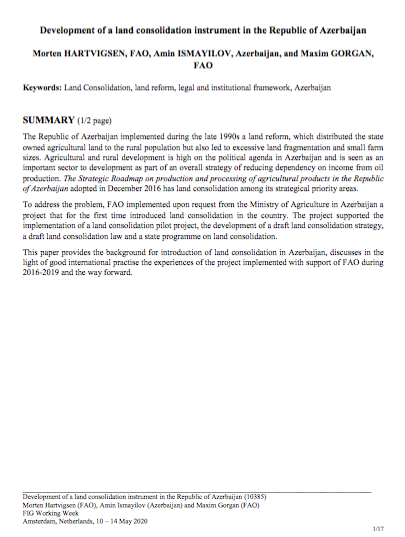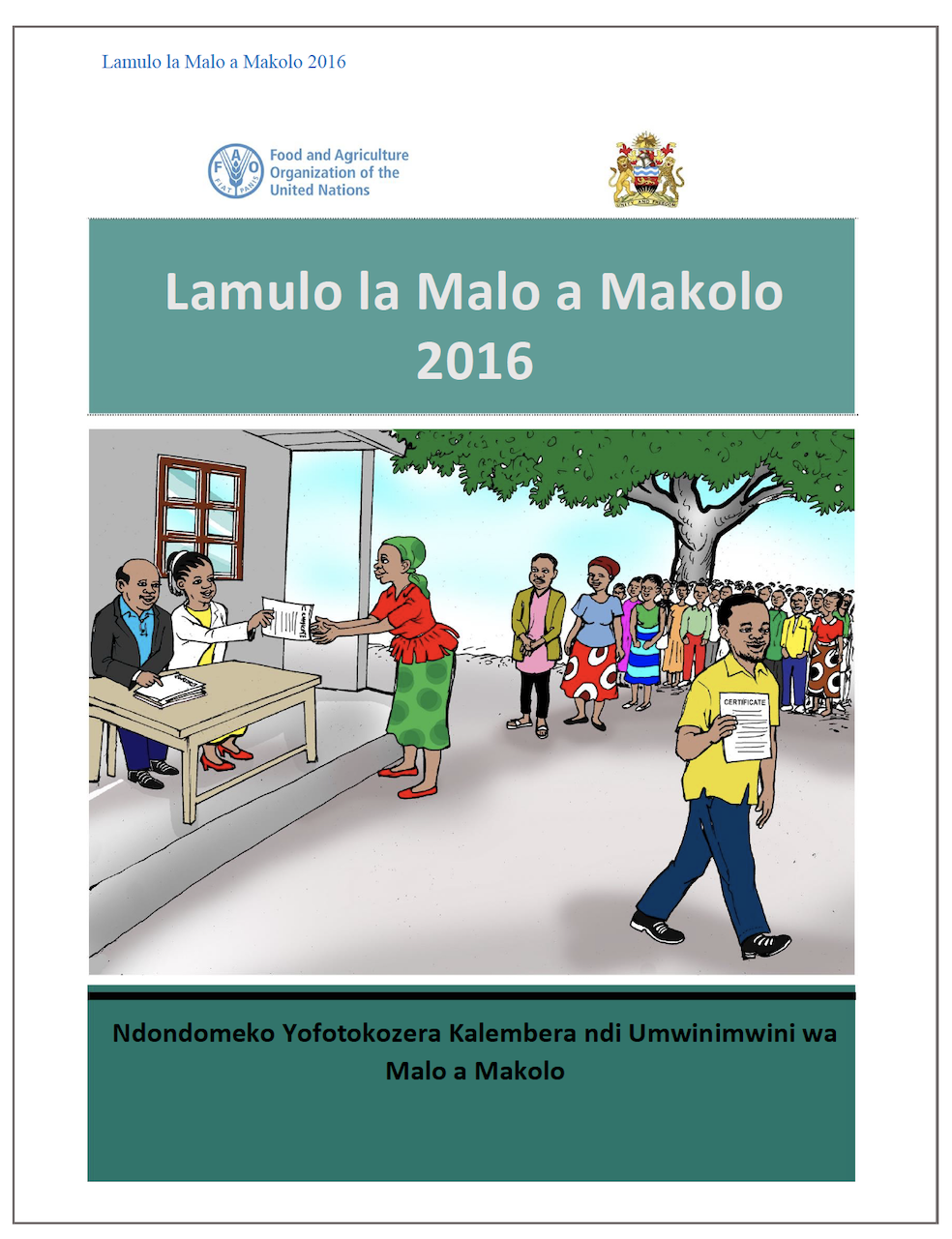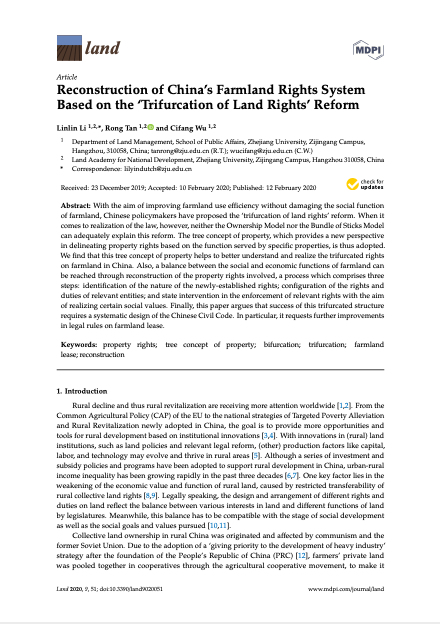How Many and Which Women Own Land in India? Inter-gender and Intra-gender Gaps
Measuring gender inequality in land ownership is essential for assessing progress in women’s economic empowerment, tracing the impact of progressive laws on actual practice, and monitoring SDG 5 on gender equality. To effectively assess inter-gender (male-female) gaps in land ownership, however, requires multiple measures. We also need to know which women are more likely to own land by tracing intra-gender differences. To date, no study on India has provided a full range of measures on inter-gender inequality in land ownership or focused on intra-gender variations.


